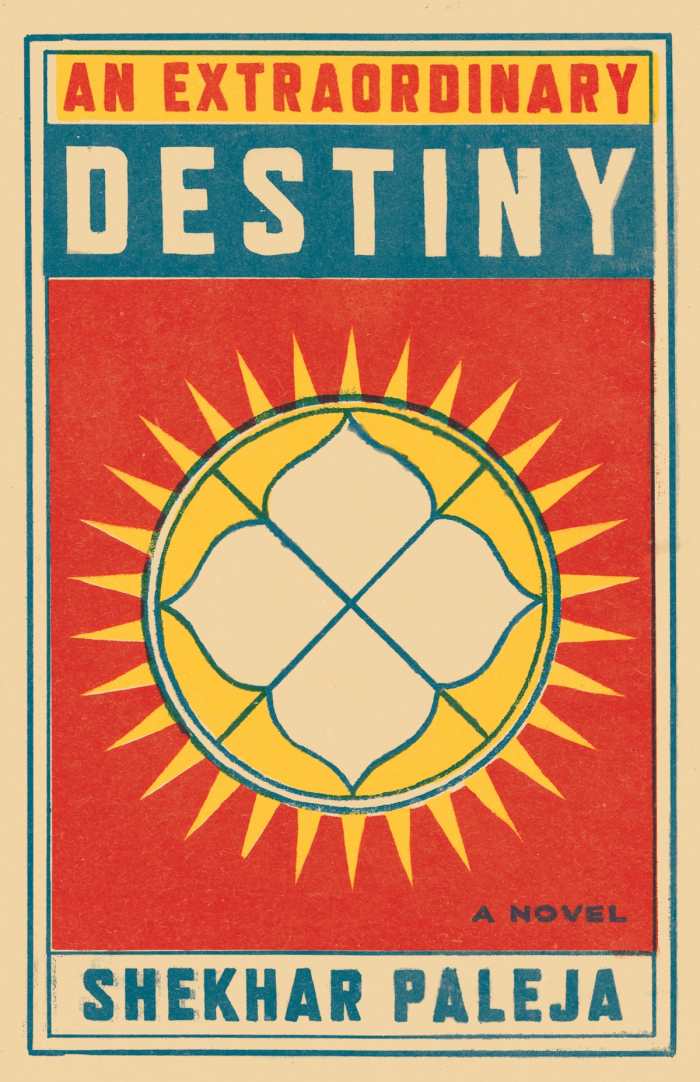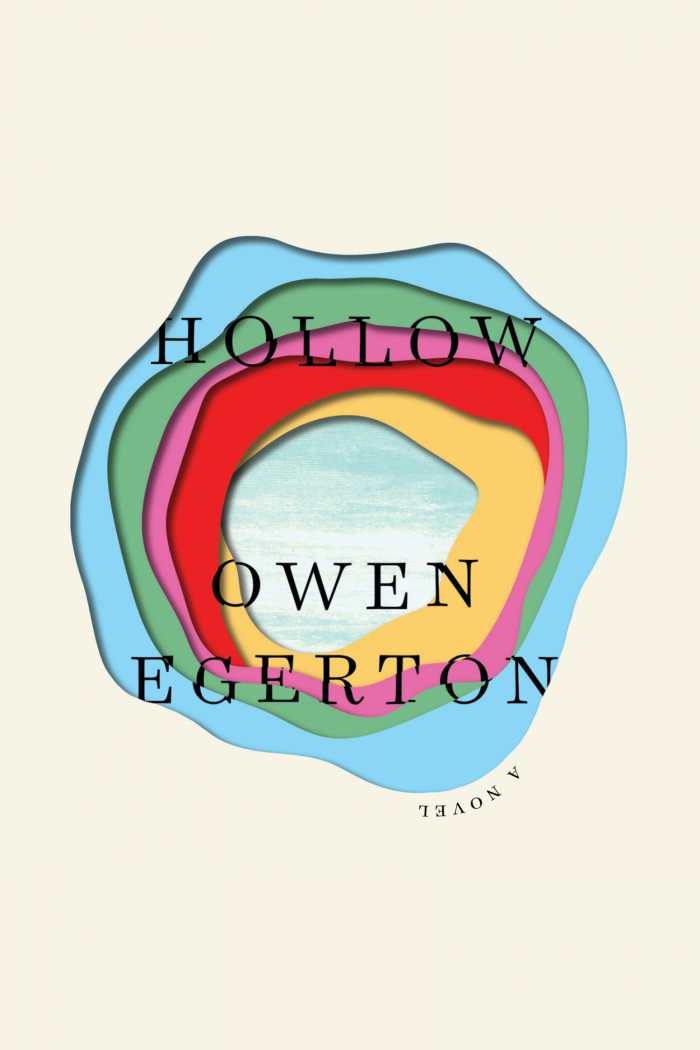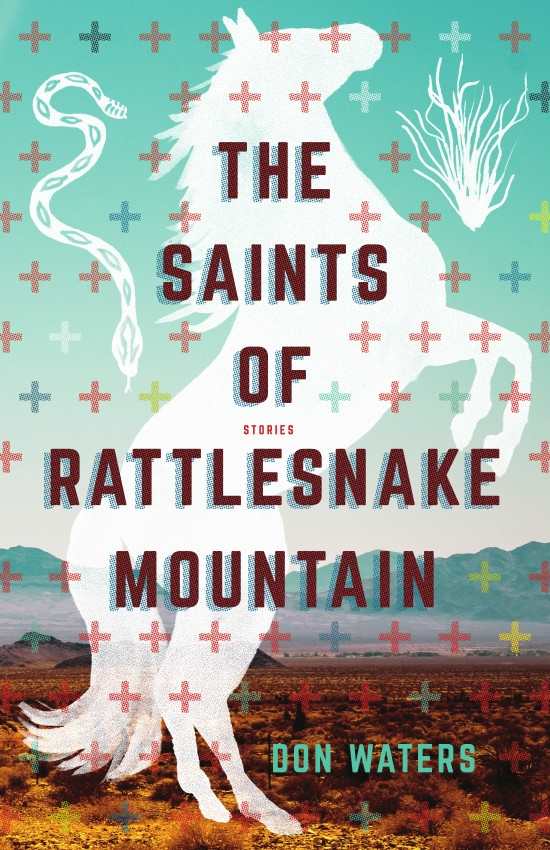Religious Fiction Reflects Real Lives

Religion plays a major role in many people’s lives all over the world. Shouldn’t that be reflected in our fiction? These fiction books from our Religion Spotlight showcase the importance of religion in the characters’ lives.
An Extraordinary Destiny

Shekhar Paleja
Brindle and Glass
Softcover (272pp)
978-1-927366-59-2
Buy: Local Bookstore (Bookshop), Amazon
Characters’ stories influence one another compellingly, making An Extraordinary Destiny hold together despite its wide-ranging structure.
In An Extraordinary Destiny, Shekhar Paleja weaves together a number of characters’ stories, all of them influenced in some way by predestiny and the consequences of a few choices. Though largely a coming-of-age story about Anush—the son of a successful Hindu businessman in Bombay—it also tells the stories of his father and of Anush’s possible wife, switching perspectives and moving between the story’s present day and flashbacks. The result is a well-rounded picture of these characters and how they ended up where they are.
The India-set story opens with the aftermath of the partition with Pakistan, when Varoon Sharma flees Lahore with his father, then skips ahead to Varoon’s son, Anush, growing up as an only child with a distant father and a kundali (an astrological birth chart) allegedly promising him the title “extraordinary destiny.” By the 1990s, when the bulk of the story takes place, Anush is a young adult trying to make his own life while living in his father’s shadow, falling for an exciting woman he meets at a club, and learning woodworking based on the miniatures his late grandfather left behind. At the same time, Anush deals with the consequences of his wounding of another boy during his childhood, and he begins to learn about the questionable choices his father made to create their current life.
An Extraordinary Destiny also tells the parallel story of Jyoti, a young Gujarati woman studying in London who falls for an Irishman below her social standing and has to deal with her overly protective mother’s attempts to arrange a successful marriage for her. Through flashbacks, it also tells the full story of Varoon’s younger years, filling in some of the gaps the book introduced in other characters’ knowledge and altering readers’ assumptions. These lives play out in an India that is going through its own massive changes, with a rapidly changing business culture, the influences of globalization, and conflict with Pakistan over Kashmir and the development of nuclear weapons.
These characters’ stories influence one another compellingly, making An Extraordinary Destiny hold together despite its wide-ranging structure, and helping it reveal how each character carries with him the choices of generations.
JEFF FLEISCHER (May 27, 2017)
Hollow

Owen Egerton
Soft Skull Press
Hardcover $25.00 (240pp)
978-1-61902-940-8
Buy: Amazon
Hollow is a work with an animate, vibrant, and awe-inducing core, in which untroubled faith is revealed to be a frequent foil.
While Owen Egerton’s Hollow begins with a creed—ex-professor Oliver’s declaration that he believes the Earth to be hollow—its wry and emotionally raw pages reveal the dangers of absolute belief, even as they reach for understanding, either real or illusory.
Hollow follows Oliver after the dissolution of his life’s security. His son dies in infancy; his community suspects that he is culpable; his university job disappears. After his marriage, too, proves to be less a rock than a briefly safe stop, Oliver winds up living in a backyard shack and frequenting homeless shelters for sustenance.
Oliver maintains one treasure from his past life, though—a love of books. They are how he meets his best friend, Lyle, an earnest devotee of the Hollow Earth Theory who convinces Oliver to cultivate a new kind of faith, in a world beneath the Earth’s crust. With need, Oliver subscribes to the notion and finds that he may soon be on an expedition the likes of which his previous, rational incarnation would never understand.
Egerton’s pages fluctuate between extremes, from Oliver’s insurmountable grief and guilt to the calculated wonder of Dr. Horner’s Hollow Earth propositions. The polished, academic discussions of faith that precede Oliver’s loss serve as a provocative counterpoint to the unhinged atmospheres in which he finds himself afterward: battling seedy characters in hospice settings, stockpiling adventure gear for a trip to the Arctic, and depending on a former student at the shelter for a lifeline. Up becomes down; fiction becomes fact; “crazy” becomes a place of refuge.
Characters on the edge—who wrestle daily with death, criminality, or even madness—wind up seeming more anchored than those who think they’ve got it all figured out. Rich questions about how and why people construct meaning arise in the wake of the novel’s traumas and revelations. Conflagrant developments pave the way for new possibilities. The novel stops short of stripping faith of meaning, but it does reveal it to be a frequent foil.
Hollow is a work with an animate, vibrant, and awe-inducing core.
MICHELLE ANNE SCHINGLER (April 26, 2017)
Trusting Grace

Maggie Brendan
Revell
Softcover $14.99 (336pp)
978-0-8007-2266-1
Buy: Local Bookstore (Bookshop), Amazon
Brendan smartly uses the West and the aftermath of the Civil War in this charming romance and interesting piece of historical fiction.
Corinthians claims love is gentle, kind, and patient, but sometimes, getting to that love can be brutal, cruel, and capricious. In Trusting Grace, by Maggie Brendan, the romance develops in post-Civil War Montana territory, where eking out a living alone is half the battle for any single person. Brendan develops her vibrant characters slowly as they tentatively build a relationship in spite of their own fears and loss.
Unexpectedly widowed, Robert Frasier didn’t learn of the existence of his deceased wife’s children until her sister deposited them on his doorstep. Unable to provide for them, Robert hits the road with the new family, looking for work and trying to adjust to his new situation. Meanwhile, Grace Bidwell is struggling to keep her farm together after the death of her husband and the sudden illness of her beloved father. Robert takes a job as a handyman at Grace’s farm, and the two begin a tentative friendship, both attracted, both unnerved by their past experiences.
Brendan takes time with these characters, building them into people very much a part of the setting that defines them. The vagaries acted upon farms, the sudden catastrophic illnesses—so much can be taken away so quickly in this era. This forces people to decide quickly whether or not to trust someone—from the hired hand to the oily new lawyer in town trying to court Grace. Brendan also uses her cast of characters—Robert’s three adopted children, Grace’s father and best friend—to mimic the close support of family and friends so necessary in the territories.
Though a Christian romance, the Christian element enters into the novel more in terms of behavior and the occasional heartfelt prayer as opposed to overt talk of religion. Grace eagerly embraces Robert’s children and makes a home for them; Robert works to be a worthy stepfather. Though the couple share some romantic kisses, the novel focuses on the evolution of the couple and the children into a family.
Brendan smartly uses the West and the aftermath of the Civil War to ground her characters and their conflict and in so doing, writes not only a charming romance, but an interesting piece of historical fiction.
CAMILLE-YVETTE WELSCH (May 27, 2017)
The Saints of Rattlesnake Mountain

Don Waters
University of Nevada Press
Hardcover $25.95 (216pp)
978-1-943859-29-0
Buy: Local Bookstore (Bookshop), Amazon
What’s revealed in these stories, as so often in life, is that “the only thing separating well-being from danger [is] a line in the sand.”
Don Waters’s second short-story collection, The Saints of Rattlesnake Mountain, is a literary exploration of what survives in the shadow of the Valley of Death. These nine stories take place in locations throughout the Southwest and explore the wasted, sometimes austere emotions of people who are trying to survive inner landscapes as harsh as those without.
The drama of these stories is writ large. A soldier returns to find his low-income town riddled by drugs. Prisoners working in the Bureau of Land Management’s mustang program struggle with the endlessness of open sky. Children ricochet along Reno’s back alleys during the dog days of their childhood’s final summer. A grief-stricken woman is dehumanized, literally and metaphorically, in graphically violent, fetishized animal attacks. An embittered L.A. screenwriter finds expiation in a deserted back-lot church in rural New Mexico. A suicide club crosses the border into Mexico, seeking lethal doses of drugs on the Day of the Dead. These protagonists are troubled and flawed, and they struggle to hold on to what makes them human.
Religious symbolism foreshadows much of the action and plays out against questions of devotion, belief, and faith, often in the form of Catholicism. The religious tropes are highlighted in the frequent narrative bent toward fatherless men and derelict fathers. As various male protagonists find themselves in literal or emotional deserts forced to confront their own trauma and mortality, the tension of their dysfunctional relationships is imbued with echoes of larger religious narratives about God the Father and Jesus the Son. Often, this choice deepens characterization, as in “Espanola”; other times, the gesture seems forced.
Throughout this collection, Waters captures the story’s protagonist just after the fulcrum of his life has shifted toward the dire and follows them as they’re brutally tested. What’s revealed in these stories, as so often in life, is that “the only thing separating well-being from danger [is] a line in the sand.”
LETITIA MONTGOMERY-RODGERS (May 27, 2017)
Foreword Reviews
